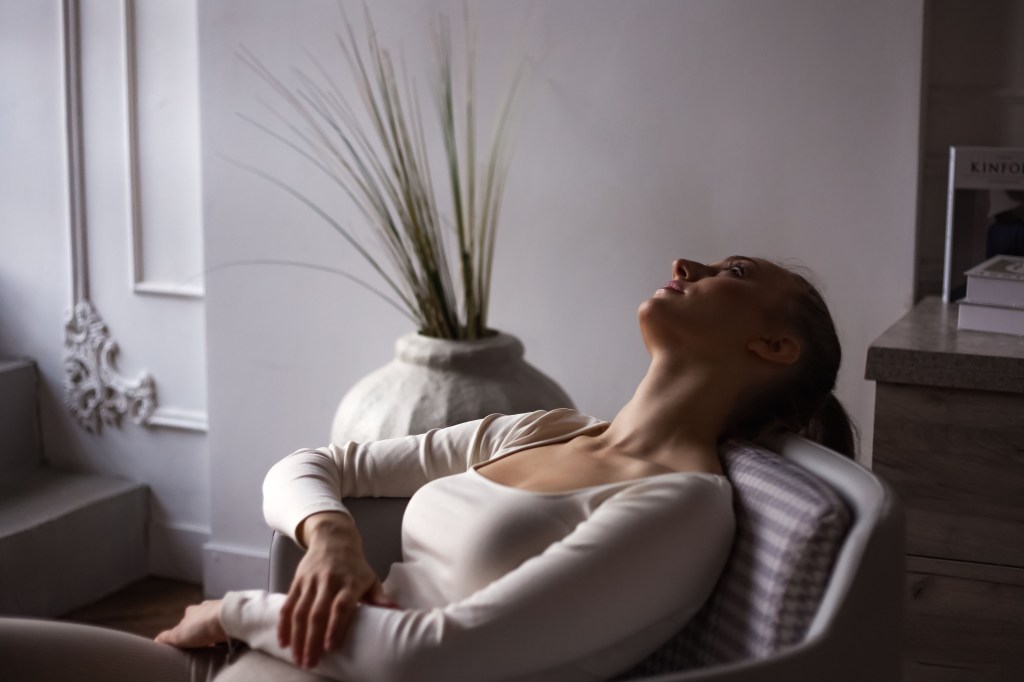Now it’s dark.
Welcome to November, that dreaded time of year when the clocks tip back, the sun starts setting by the time you’ve finished your lunch, and you start telling everyone who will listen that your “seasonal affective disorder is kicking in.”
Not so fast, says one mental health expert — who reminds those of us who may have forgotten that the disorder, commonly known as SAD, isn’t something you can just self-diagnose and start wearing like a personality between now and the first signs of spring.

“SAD is a subtype of clinical depression, and diagnosis relies on meeting the criteria for this,” Kari Lebowitz, a “winter psychology mindset” expert, told The Guardian.
“Beyond that, people fall into two categories: those who feel more down in the winter, with worse mood in response to the lack of daylight; and those who are having a very normal, healthy response to a change in daylight but don’t view it that way,” said the psychologist and author of How to Winter: Harness Your Mindset to Thrive on Cold, Dark Or Difficult Days.
Feeling lethargic and anti-social — or at least less social than you normally might — is a very normal, not weird response to the “10-hour difference in the amount of daylight between the summer solstice and the winter solstice,” Lebowitz said.
And still, “people have this expectation that they’ll have the same energy, the same interests, the same productivity year-round,” she exclaimed.
As for a cure? Short of jetting off to sunnier climes, try leaning into the whole vibe, the winter whisperer suggested.
Take this as a note from body and mind, “telling you to slow down, rest more, [and] socialize in a low-key way,” she said.
Other advice included inviting friends over for movies and comfort food instead of big nights out, if that’s not what you’re feeling at this time of year.
“Be indulgent about staying in,” she suggested.
And rather than focus on just how bad the weather is, tune out the weather apps and start living for the moments “when the clouds part and you get that beautiful golden winter light,” she explained.

The advice appeared as part of a lengthy guide The Guardian published on how to survive the coming season.
Other tips included getting outdoors, keeping up your exercise regimen, buying the appropriate clothing to make sure you’re comfortable with the winters where you live, and keeping things cozy at home, the way Scandinavians do, with lots of “low lights, twinkly lights and some candles.”














